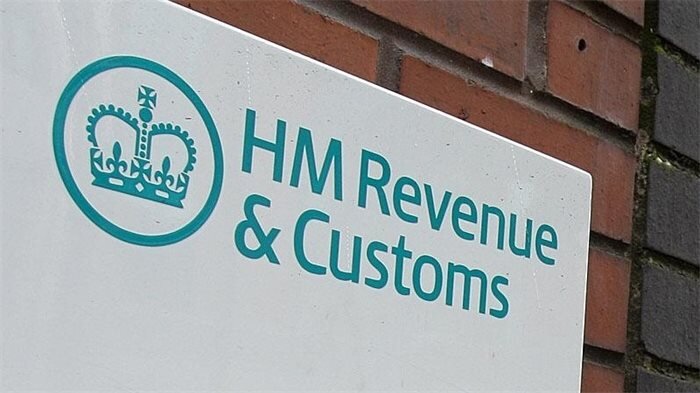Introduction
An HM Revenue & Customs (HMRC) worker has been ordered to pay £20,000 in legal costs after an employment tribunal found his claims of disability discrimination relating to remote work unfounded.
The decision followed a protracted dispute over returning to the office after pandemic restrictions were eased. The former assistant officer, aged 67, was permitted to work from home until his retirement in September 2024, despite occupational health reports indicating in-person working was possible.
The tribunal concluded that the legal claims were vexatious, resulting in a significant financial penalty for the former employee, who has attributed much of the situation to advice from his trade union.
Background to the HMRC Dispute
Martin Bentley, who joined HMRC as an assistant officer in Liverpool in January 2012, raised concerns after refusing to comply with office return requirements following the relaxation of pandemic measures.
The employment tribunal in Liverpool reviewed the circumstances leading up to his retirement and the legal challenge initiated by Bentley. For over two decades, Bentley lived with anxiety, depression, and stage three kidney disease. These health conditions were central to his argument, as he contended they prevented a return to the workplace.
However, the tribunal found that despite these factors, his preference for home working became decisive only after the easing of lockdown restrictions.
Occupational Health Assessment and Working Conditions
Occupational Health reports, cited by the tribunal, stated that there was 'no clinical barrier' that would have prevented Bentley from working in person or carrying out telephone-based duties.
While they acknowledged that his personality and emotional response were not best suited for certain workplace roles, medical advisers did not identify any physical or psychological reason that would preclude on-site work.
A Stress Management Plan meeting in January 2022 confirmed Bentley found certain duties, such as telephone work, highly stressful. Despite this, adjustments including phased returns and relocation options were discussed and offered by management.
Workplace Atmosphere and Interpersonal Issues
During his employment, Bentley provided evidence in a colleague's tribunal case, resulting in an inappropriate message from another HMRC colleague. He later stated that he had experienced abuse in the department and perceived insufficient institutional support following these events.
A hostile atmosphere was reported between staff who handled telephone work and those who did not. Bentley was offered various accommodations, including the possibility of seating arrangements aimed at minimising stress in an eventual return to the office.
COVID-19 Policy Context and Remote Work Arrangements
When COVID-19 restrictions eased, HMRC announced a requirement for staff to return to office attendance. Bentley continued to resist the return, expressing concerns about the use of public transport, but later indicated he was willing to walk or use a taxi options offered by his employer.
As the stalemate continued into March 2022, management experienced increasing difficulties managing Bentley's work remotely. Despite HMRC's flexibility in permitting continued home working, a tribunal found there was 'no medical reason' for the remote arrangement, characterising the agency's concessions as reluctant.
Tribunal Proceedings and Key Findings
Following the breakdown in workplace relations, Bentley initiated legal action against HMRC, citing disability discrimination and victimisation. However, Employment Judge Dawn Shotter dismissed his claims as lacking reasonable prospect of success.
The tribunal concluded that Bentley had exaggerated aspects of his medical condition and had acted vexatiously and unreasonably in relation to the proceedings. The judgment highlighted that Bentley's preference rather than medical necessity motivated his desire to continue working from home.
According to tribunal records, the first time Bentley met his line manager in person was at the final hearing before his retirement.
Final Summary
The employment tribunal’s findings in the case of the former HMRC assistant officer underline the importance of evidence-based workplace adjustment claims. The tribunal found no medical justification for prolonged remote working, attributing Bentley’s stance to preference rather than necessity.
The significant legal costs imposed on the claimant further accentuate the personal risks involved in bringing unsubstantiated discrimination claims.
This case has broader implications for workplaces grappling with the legacy of the pandemic shift to home working, particularly where adjustments intersect with equality law and employee relations. The detailed judgment and HMRC’s response will likely inform the approach of both public and private sector employers navigating similar situations.











